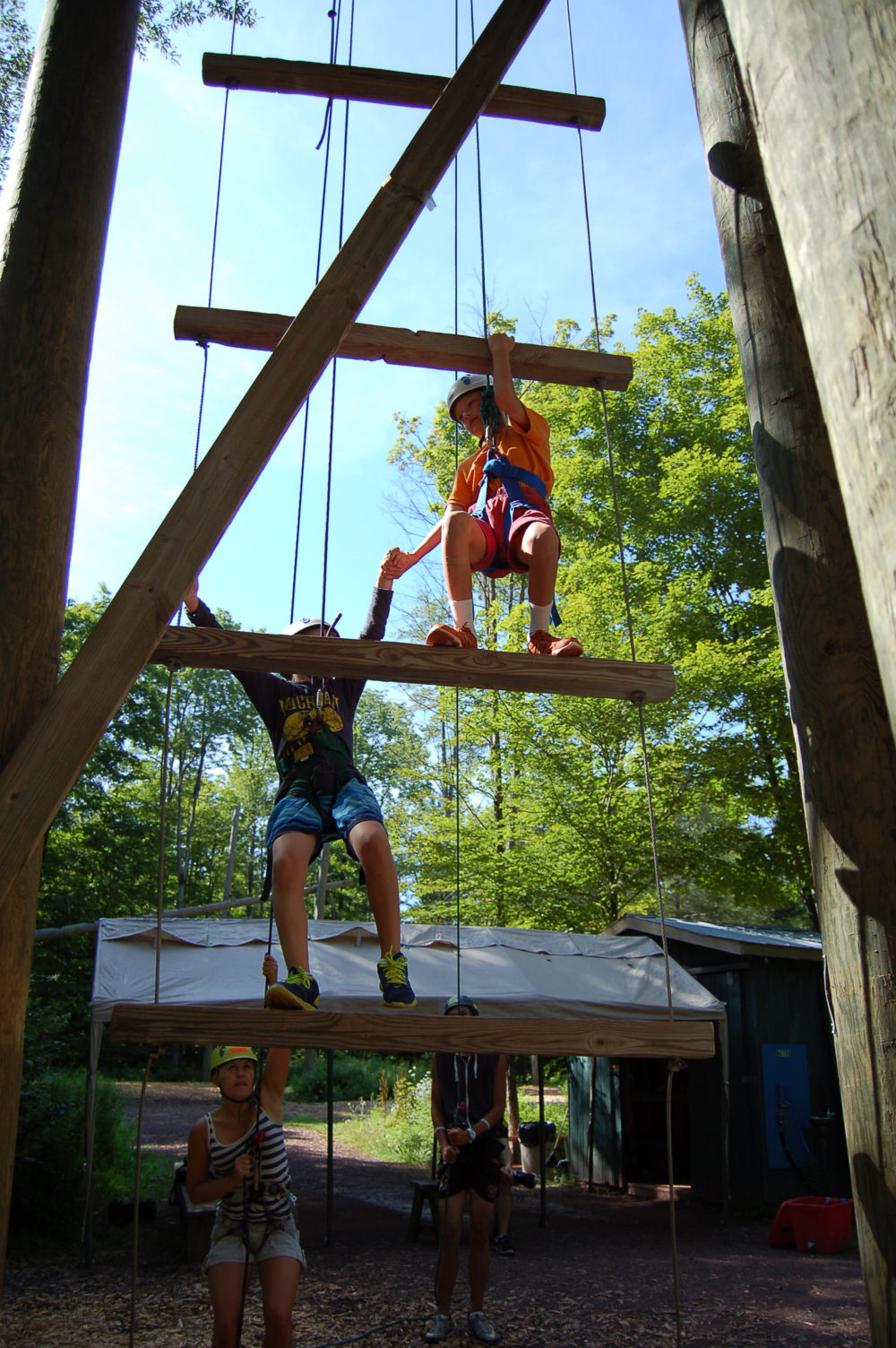Summit’s Nature program is one of the most beloved daily aspects of the camp day for many of our campers, especially our younger participants. Our lower camp groups usually have two Nature periods per week at camp, while middle and upper have Nature once a week.
Nature includes visiting with our animals in the small farm area- we regularly have goats, sheep, and llamas in the large pen and rabbits or other small animals in nearby enclosures. Campers help feed, lay down hay for, and pet the animals while learning about these animals’ health needs. Further, older campers learn more about both the responsibilities and benefits of having a pet in the home during adulthood. Traditional pets such as cats, dogs, fish, and hamsters are easier to provide for because their food, bedding, and other needs are generally available in a nearby store location, there is a wide range of supplies available, and veterinarians are highly familiar with their care. Exotic or less common pets can provide significant challenges, particularly if their food source is hard to come by! Regardless of the pet, having the companionship and responsibility of a pet can provide an emotional and personal fulfillment for many of our campers as they enter into adulthood.
Nature also includes taking leisurely hikes on the paths around the Summit campus. A particular favorite Summit “trail” is the hike to Toby’s Rock, which overlooks our Rose Lake from the southern prospective. Again, taking a break such as a nature hike is an important activity for all our campers. It is calming, allows for personal down time without remaining stationary (very helpful for those living with ADHD), and can vary from only slightly challenging to really arduous physical activity depending on the person’s wishes and abilities.
Nature program gives our campers a view of engaging in Nature as more than just “being outside”. Nature teaches our campers that there are many outdoor activities that can be highly beneficial for individuals to help calm and regulate themselves, can be enjoyable for people who do not particularly enjoy competitive sport to use as a routine physical activity, and that caring for nature and animals can provide emotional and personal benefits through feelings of fulfillment and connectivity.

